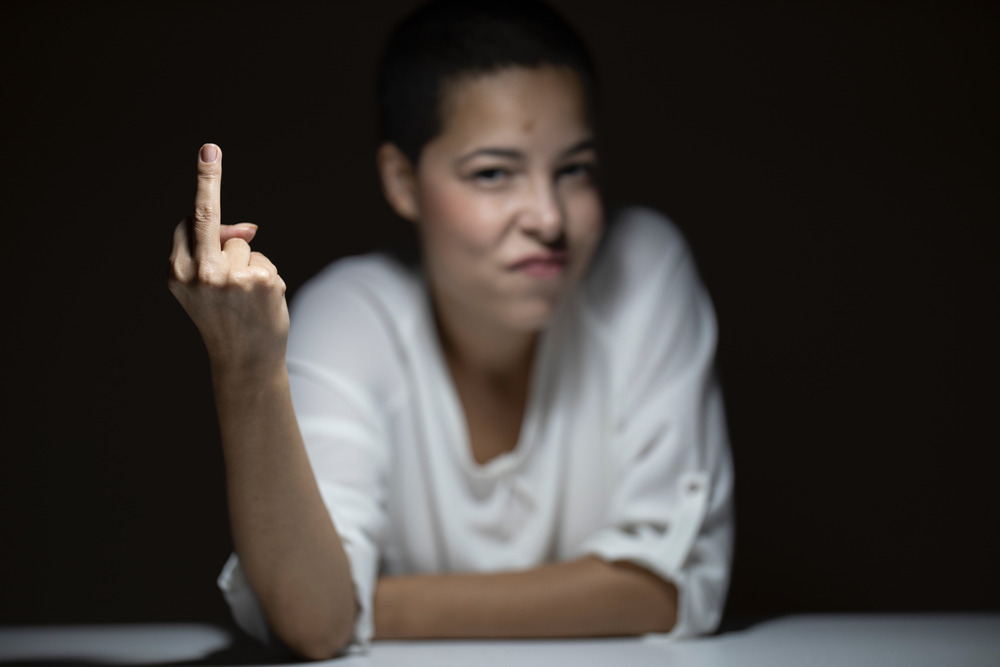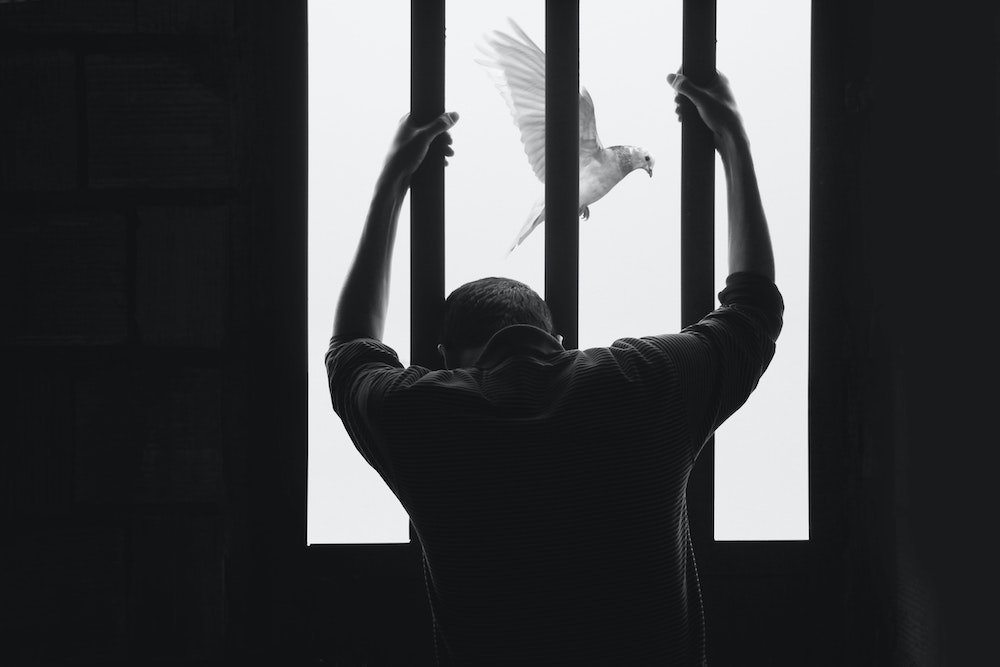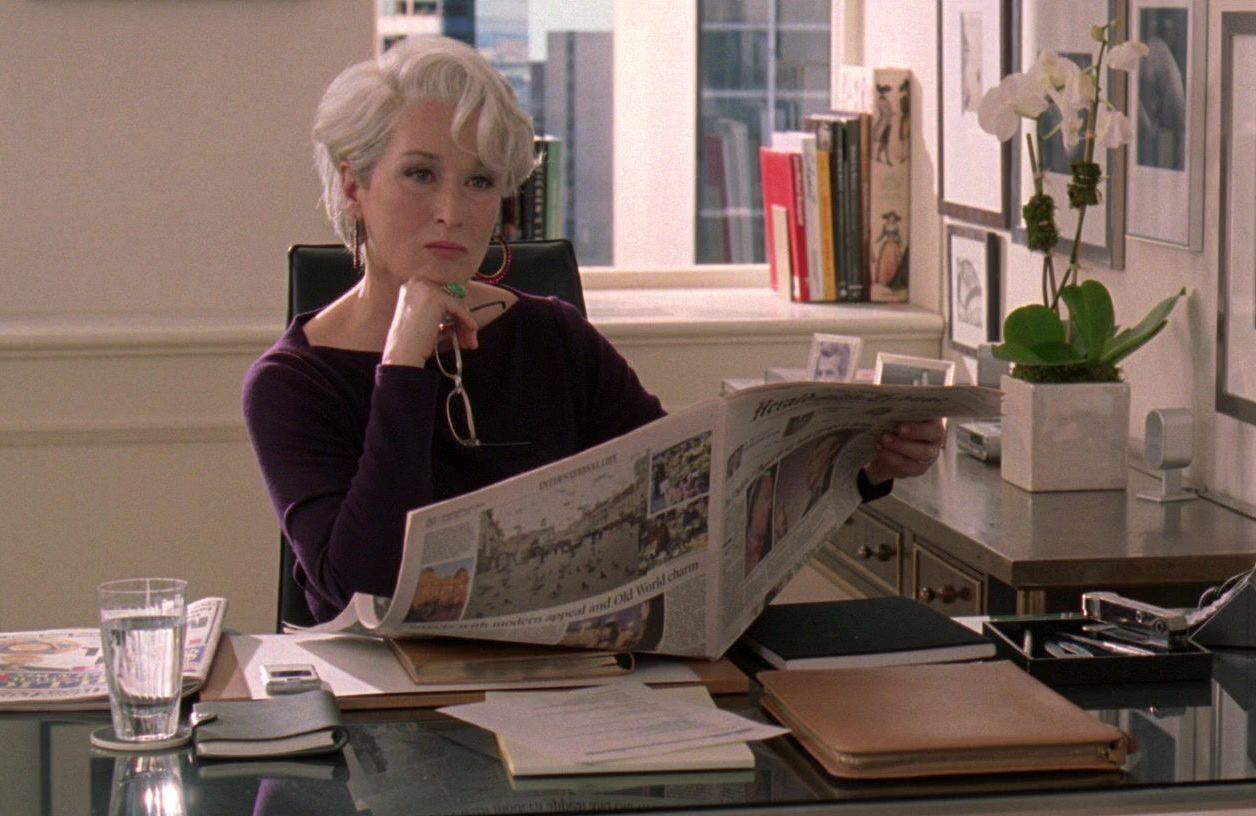Craft
Why Women Should Do More Literary Manspreading
Stop self-editing and let yourself ramble like a man

M y last book, set in post-WWII Germany, was 353 pages when it was published.The chapters on my computer, however, total over a thousand pages: plotlines abandoned, roads taken and then backtracked, scenes written and then cut because I worried that they didn’t further the plot or deepen the characters and themes. In my research, I discovered fascinating pieces of history I might have liked to delve deeper into but didn’t (or did and then cut) because to do so seemed indulgent — to go down these rabbit holes, I felt, would scratch my own itch rather than that of my readers. And ultimately, wasn’t my mandate as a novelist to please them? Didn’t they want me to hew close to the bone, to justify every word and phrase? During the seven years I spent writing, I kept tight reins on my word count.
This isn’t a bad thing — I’m proud of the book I wrote. But lately I have been wondering what it would be like to turn off the reflexive editor in my mind, to allow myself digression and diversion, to write unfettered by my own cautionary voice. Not better—but different.
Lately I have been wondering what it would be like to turn off the reflexive editor in my mind, to allow myself digression and diversion.
This thought is not an abstraction. It comes from a recent heightened awareness of a phenomenon that I’ll call literary man-spreading — the tendency of male writers to take up more space (measured in pages and digressions) than women writers usually feel entitled to. Infinite Jest comes to mind, or Mason & Dixon, or Underworld; books with lengthy digressions into esoteric subjects, long excursions off topic, and vast, sometimes unwieldy scope.
These can be wonderful books — Jonathan Franzen’s Freedom and Philip Roth’s American Pastoral (which is only 423 pages, but stylistically fits the bill) are two of my personal favorites. There is a particular magic to an immersive and sprawling novel, and a thrill in following a confident writer on a scenic route through his imagination’s wilderness. Of course they can be terrible too — overlong and self-indulgent, stuffed with showy displays of information and smug postmodern tricks a reader is likely to skim over. But either way, many of these novels are met with both critical and sales success. Apparently readers are willing to follow a good writer down a long and winding road.
So why are so few of these novels written by women?

Only three of Vulture’s “26 Long Books worth the time they’ll take to read” are by women (and one of these is the quartet of Elena Ferrante novels counted as one book). Only ten of Goodreads’ “49 Best Very Long Novels” are by women, and 5 of these are by the fantasy author Jaqueline Carey.
It’s tempting to point fingers: to claim that editors and agents view an 800-page manuscript from a male author with excitement, whereas they view the same from a female author with skepticism. Or to insist that readers are willing to log the hours into Nathan Hill’s The Nix, but wouldn’t if it were written by Natalie Hill. As Meg Wolitzer postulated in her 2012 NY Times essay “The Second Shelf,” if a woman “writes a doorstop filled with free associations about life and love and childbirth and war, and jokes and recipes and maybe even a novel-within-a-novel, and anything else that will fit inside an endlessly elastic membrane, she risks being labeled undisciplined and self-indulgent.”
Historically (as in, six years ago) this was surely true. But recent examples of long novels by women have been applauded — Pachinko, A Little Life, The Goldfinch. And even before this, there are examples of such successes, from Doris Lessing’s Golden Notebook to Margaret Mitchell’s Gone with the Wind. These long works, though, aren’t marked by the same level or kind of digression that I think of as second to page number in defining the genre. For better or worse, literary manspreading is marked by an everything-but-the-kitchen-sink approach to content.
Black Language Shouldn’t Have to Be Muted for White Readers
Women are driving what’s published and what sells; we’re the ones buying the books, and for that matter, editing and reviewing them. In 2016, Lee and Low Books released the results of their “Diversity Baseline Survey” which showed the the “Publishing Industry in General” was comprised of 78 percent women (59% on the executive level). Eighty seven percent of book reviewers were women. And while the gender breakdown of fiction buyers isn’t officially known, publishers believe women make up 75 to 80 percent of the market. These days, if weighty tomes by male authors get more attention or money or benefit of the doubt, women have a strong hand in determining that. So why is it still the men who are spreading out?
Obviously, the wider historical context has much to do with it. Men have been encouraged to voice their worldviews for as long as Western civilization has existed. Our historical models of long and all-encompassing works of fiction are predominantly male (Swift, Dickens, Dostoyevsky). Men tend to be less inhibited by lack of expertise or authority — if Philip Roth wanted to write a whole chapter about the inner workings of a glove factory, why not? If Jeffrey Eugenides wanted to delve into the origins of the Nation of Islam in Middlesex, who was going to question his authority?
Women, on the other hand, have long been told to watch what they say (or, more often — in church, in synagogue, in public in general — not to say anything at all). We have had to earn our credibility through quantifiable mastery, and even then, been frequently questioned or doubted. We have been encouraged to trim and edit our physical appearance, from whalebone corsets to bikini waxing. No wonder we are strict self-editors — in art as in life.
Women have had to earn our credibility through quantifiable mastery, and even then, been frequently questioned or doubted. No wonder we are strict self-editors.
But in this changing moment in time, these prohibitory forces are shifting. Ten years ago, I knew intelligent, liberal minded men who were unashamed to say they read only fiction by male authors. I asked one of them about this recently and he was embarrassed. “Did I really say that?” On his current reading list: Lorrie Moore, Rachel Cusk, and Joy Williams. I suspect he, and others like him, would be intrigued rather than repelled by a critically acclaimed tome by a female author.
What is considered feminist writing today often involves explicit examination of subjects traditionally considered “women’s issues”: sexuality, abuse, body image, discrimination. But isn’t it also feminist when a writer breaks free of the ghosts cautioning her to write what she knows, not bite off more than she can chew, and keep it short? Or when a woman author sets her tale in times and places traditionally considered male? It was inspiring to me, for example, to read Jennifer Egan’s Manhattan Beach, set in the world of New York gangsters and featuring in part a Moby-Dick-like survival at sea (the seafaring story is an almost uniquely male province in American literature). These subject choices made her book as “feminist” to me as anything I have read lately.

I’m writing a new book, set partly in post WWII America. It’s in a seed state; there’s much I don’t know about where it is headed. But for the moment, when I sit down to write I am trying to let my mind — and my words — spread out. I’m trying to turn down the polite and deferential voice in my head, urging me not to go overboard..
This is not to say the only thing standing between me and a thousand page work of art is some vestigial feminine inhibition. It takes a particular talent to write successful long, all-encompassing fiction, just as it takes a particular talent to write an engrossing, thoughtful 350 page book. Much of my experiment might well end up in the “Cut” files on my computer that accompany every work of fiction I write. But I’m giving myself leeway to explore. In my own small — certainly egotistical — act of feminism, I am listening to a new voice whispering go ahead, take up space.










